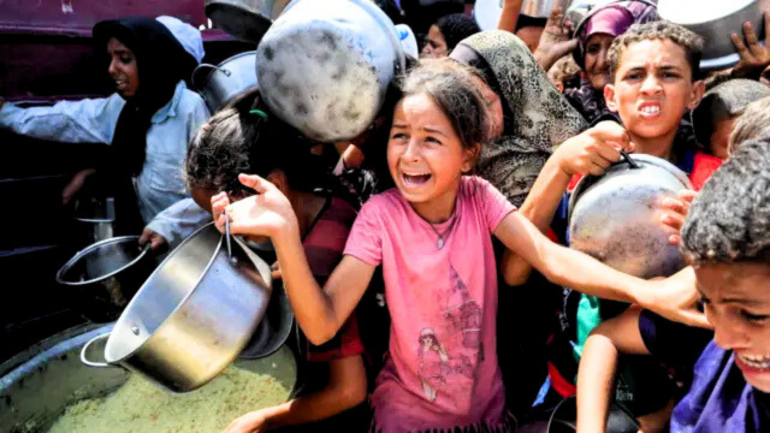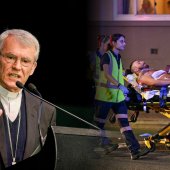Gaza City Faces Confirmed Famine, IPC Warns of Worsening Crisis

The Integrated Food Security Phase Classification (IPC) has, for the first time, confirmed a famine in Gaza City, raising the alert to Phase 5, the highest level on its acute food insecurity scale. The announcement was released Thursday and has drawn urgent concern from Church leaders and humanitarian agencies worldwide.
According to the IPC report, more than 500,000 people are already experiencing catastrophic conditions, while an additional 1.07 million, over half of Gaza’s population, face emergency-level food insecurity. The situation is described as unprecedented, with famine conditions expected to spread to Deir al-Balah and Khan Younis by late September.
Vatican News reports that acute malnutrition is rising sharply, with at least 132,000 children under the age of five at risk of dying by mid-2026 if immediate aid is not delivered. The IPC also highlights 55,500 pregnant and breastfeeding women in urgent need of nutritional support. This is the first time the organization has ever declared a famine in the Middle East.
The IPC attributes the worsening crisis to man-made factors, including the ongoing conflict, large-scale displacement, and severely restricted humanitarian access. While Israeli officials have rejected the findings, dismissing them as biased, United Nations agencies and multiple humanitarian groups insist that the evidence is overwhelming and undeniable.
As Vatican News emphasized, the famine declaration is not only a technical alert but also a moral call to the international community. The Church echoes this appeal, urging swift action to save lives and restore dignity to families caught in the spiral of hunger and war.
The report underscores that the scale of the crisis demands immediate international intervention. Humanitarian organizations stress that failure to act quickly will result in further loss of life, particularly among children, mothers, and the most vulnerable members of society.
Radio Veritas Asia (RVA), a media platform of the Catholic Church, aims to share Christ. RVA started in 1969 as a continental Catholic radio station to serve Asian countries in their respective local language, thus earning the tag “the Voice of Asian Christianity.” Responding to the emerging context, RVA embraced media platforms to connect with the global Asian audience via its 21 language websites and various social media platforms.














